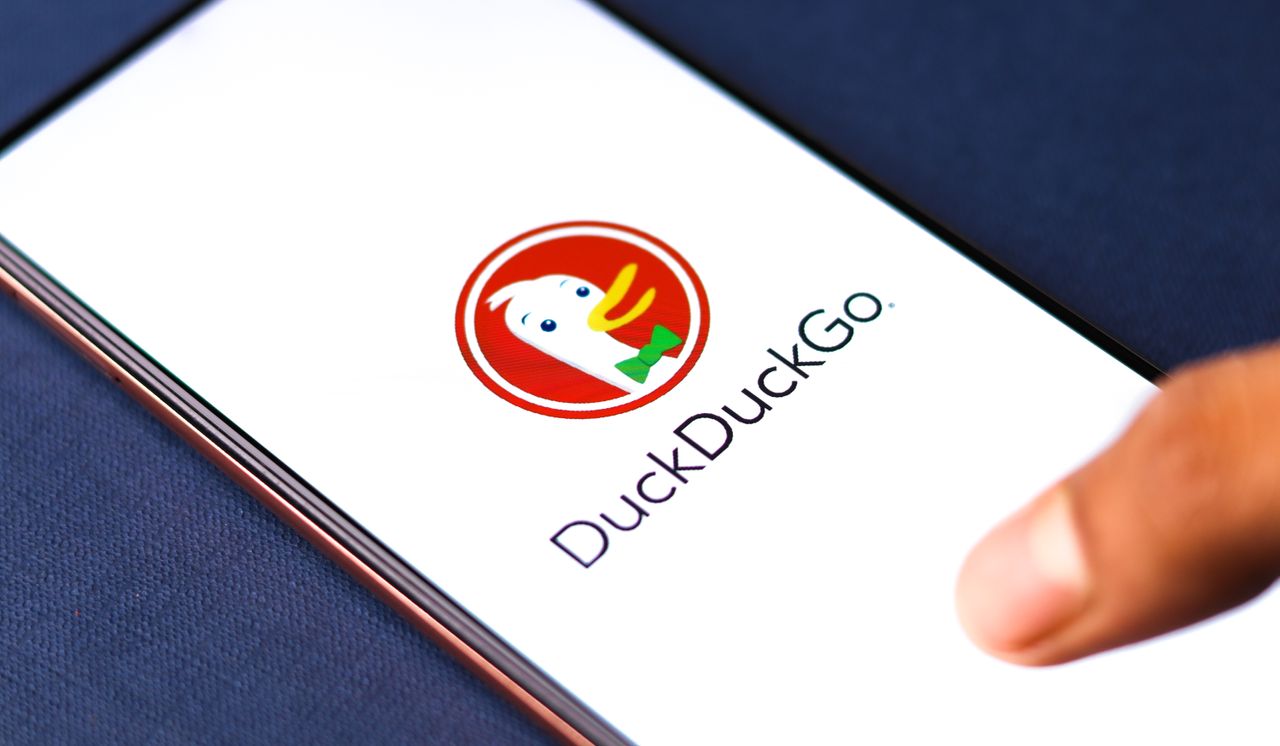
AI-generated images are everywhere. The internet is full of them, and as they become harder to identify, it's going to cause all kinds of chaos. But, the privacy-focused DuckDuckGo browser seems to think it has the solution.
Known for its security-forward protection, DuckDuckGo has taken a strong angle on the use of AI. Most recently, this has focused in on AI images, and users can now filter out all AI art from your searches.
This can be done through a change of settings. Head to the image tab on DuckDuckGo and you’ll see a drop-down menu titled “AI images”. Users can then choose to either show or hide content with this update.
Our philosophy about AI features is private, useful, and optional.
DuckDuckGo
“Our philosophy about AI features is private, useful, and optional.” Our goal is to help you find what you’re looking for. You should decide for yourself how much AI you want in your life – or if you want any at all,” stated DuckDuckGo on the company’s X page.
“The filter relies on manually curated open-source blocklists, including the “nuclear” list, provided by uBlockOrigin and uBlacklist Huge AI Blocklist. While it won’t catch 100% of AI-generated results, it will greatly reduce the number of AI-generated images you see.”
In the same announcement, the company showed a video searching for baby peacocks, filtering out all of the AI images. This is a thinly veiled joke, referring to a problem where Google image search became full of fake images of baby peacocks.
New setting: hide AI-generated images in DuckDuckGoOur philosophy about AI features is “private, useful, and optional.” Our goal is to help you find what you’re looking for. You should decide for yourself how much AI you want in your life – or if you want any at all. (1/4) pic.twitter.com/pTolmsEQlQJuly 14, 2025
Should we be concerned about AI images?
Not too long ago, AI images were instantly identifiable. Hands had too many fingers, faces were blurred and the texture of the images were all completely off.
Now is a different story. Most of the leading AI generators are incredibly capable and, a vast majority of the time, can produce an image that is convincing, even when you look into the details of it.

Companies are trying different methods to solve this. Some are adding watermarks or digital identifiers. Some like DuckDuckGo are looking to identify them after they’ve been published, making these images clear to the public.
This is a problem that is likely to grow in the following years. For now, AI video has a lot of catching up to do to be in a similar level as images, but it really won’t be long until the same conversation is happening across the board.
DuckDuckGo has said it plans on adding additional features in the future, but it hasn’t made it clear exactly what it will be.
Follow Tom's Guide on Google News to get our up-to-date news, how-tos, and reviews in your feeds. Make sure to click the Follow button.







